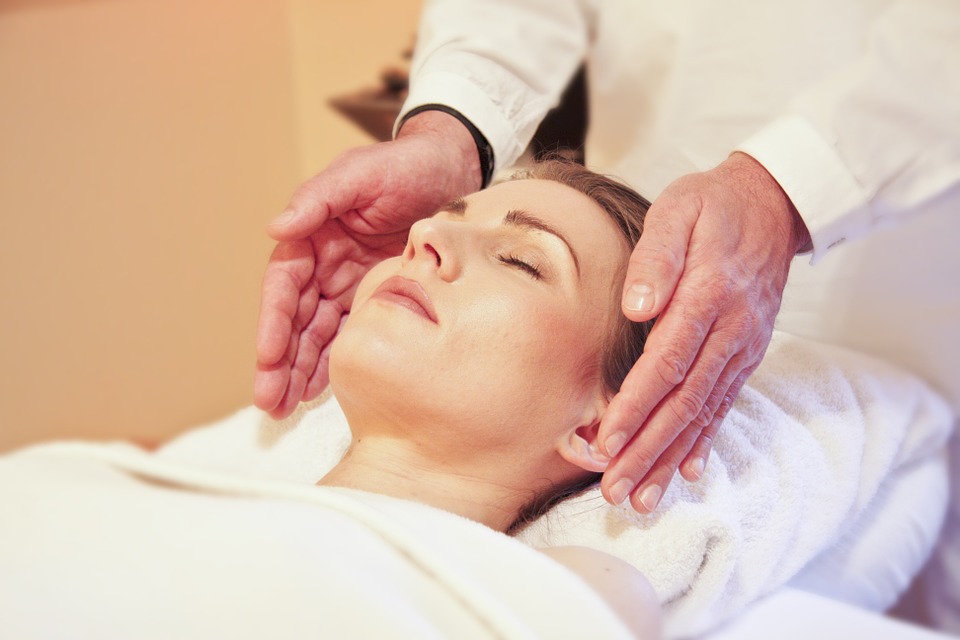
Cranial Osteopathy in South Bristol
Cranial osteopathy is not currently available at the Bristol Back Pain Clinic but if you would like to learn more about cranial osteopathy, please see below.
What is cranial osteopathy?
Cranial osteopathy is a specialised treatment technique that requires additional training. Treatment is hands on, gentle and deeply relaxing, and focuses on resolving tension patterns and areas of stress throughout the body. Cranial techniques are safe, gentle, and non-manipulative which is why they are often used when treating children.
What does it feel like?
Cranial osteopathy is very gentle and calming with feelings of warmth and deep relaxation often reported - it is not uncommon for people to fall asleep during or after treatment.
How is cranial osteopathy different to regular osteopathy?
Cranial treatment techniques are gentler and more subtle than other forms of osteopathic treatment such as manipulations, which are often accompanied by ‘clicks’ or ‘cracking’ sounds. Our practitioners having training in both approaches so they can select treatments to suit each patient, but as cranial osteopathy is a much gentler technique, it can be especially useful when treating children (through all stages of development), and to help relieve the stresses and strains on the body during pregnancy and after birth. It is also very useful for those who simply want a gentler approach.
Who is cranial osteopathy for?
Cranial osteopathy is ideal for children and pregnant women. However, whilst it is most well-known for these patient groups, it is a safe treatment approach for people of all ages.
Is it safe during pregnancy?
Rapid changes to a woman’s body during pregnancy - from the softening of ligaments to weight increase and changes in posture - can place stress on the musculoskeletal system as the joints in the body, including the spine and the pelvis, try to compensate for these changes. Cranial osteopathy is a gentle form of treatment that can help relieve the stresses and strains on your body, both as your pregnancy progresses and also after birth, and is totally safe for both the mother and baby.
Made by Grizzly








